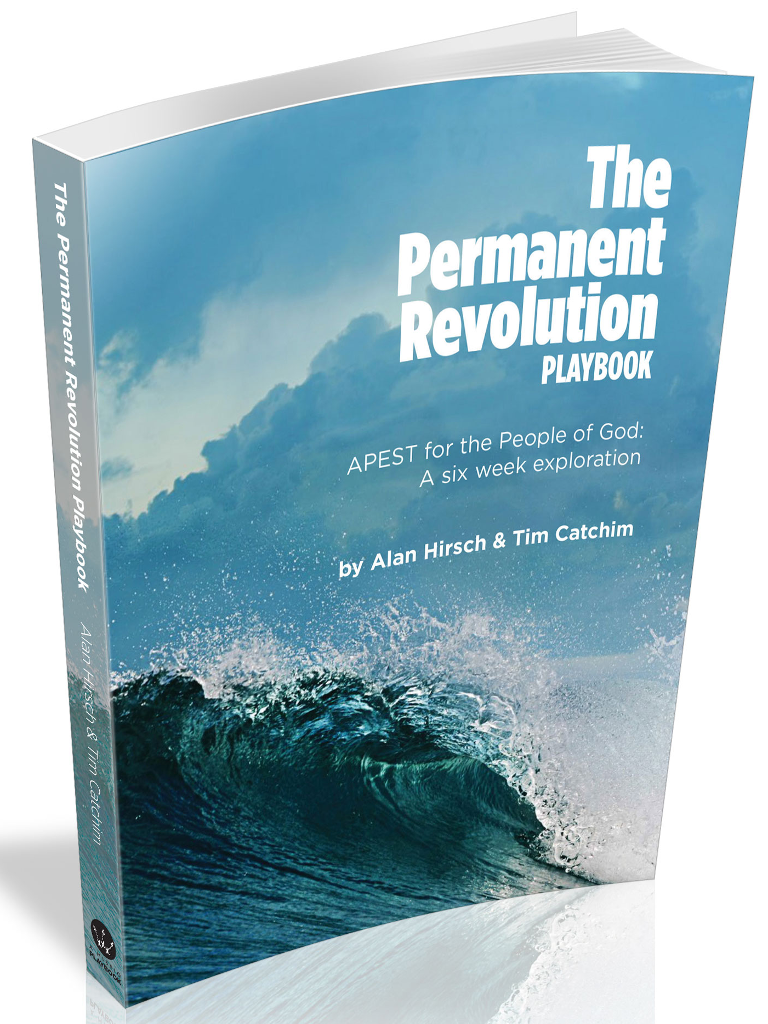Some time ago Donna and I visited the lovely old city of Bath, and we decided to have a coffee at St Michael's Without in Broad Street. And there we found a selection of Hannah's cards again.
I want to make you aware of Ben and Hannah's beautiful work because it deserves to be much more widely seen and heard. Not only is it all available to order and in a growing number of retail outlets, but Ben and Hannah have made everything available online, pictures and music too.
You will need to buy their products for the full quality, but you can also enjoy it for free. I predict that having tasted it, most people will end up buying prints or CDs.
Hannah's cards - Hannah paints stylised designs with words from the Bible in sweeping curves. She makes these available as greetings cards, high quality art prints, and posters. The picture above is a design called 'God of all Comfort'.
Because of the carefully chosen words these cards are not just beautiful in their own right, they also bear the stamp of a loving Creator. From the picture above we read, 'I will sustain you, I will give you rest, I will carry you, [I] will be with you, I call to you'. And there is much, much more. Words of great comfort from the One who is quick and ready to bring great comfort.
Ben's music - Ben is a music teacher and examiner. He writes some delightful melodies and is clearly a gifted pianist. If the worship albums and the children's album are anything to go by he's also very talented in laying down individual tracks to build up a full backing for songs.
You will find everything here from reflective, gentle melody to robust rhythms good for dancing, and great lyrics provided by Hannah.
St Michael's Without - I simply can't close this post without saying more about this lovely Anglican church in Bath. Everything about the place is delightful. The interior has been modified to make a quiet space for coffee, cakes, books and a comfortable place to sit. The website soon makes it clear that the people are delightful too.
They are evidently active in the local community in many ways. They seem to be conscious of the need for gentleness and peacefulness in everything. They are careful and deliberately slow in making changes trying to 'avoid the rush which undermines friendship'. They pray about everything in love.
If you are visiting Bath, try to make the time to drop in to spend a little while experiencing the peace and the fragrance of this lovely place and the people who make it what it is - a little piece of heaven right here on earth. Just like Hannah's pictures and Ben's music.
Questions:
- Are there ways you can be a little piece of heaven for those you meet today?
- Might there be 'difficult' people in your life you could make an extra effort to bless?
- How does Hannah's artwork and Ben's music make you feel?
- Does it help you find the peace you need to become a blessing to others?
See also:
- Ben and Hannah Dunnett
- Greetings cards - Ben and Hannah Dunnett
- Music - Ben and Hannah Dunnett
- Oneness and reconciliation - Journeys of heart and mind
- Opposite of envy - Journeys of heart and mind
- St Michael's Without













